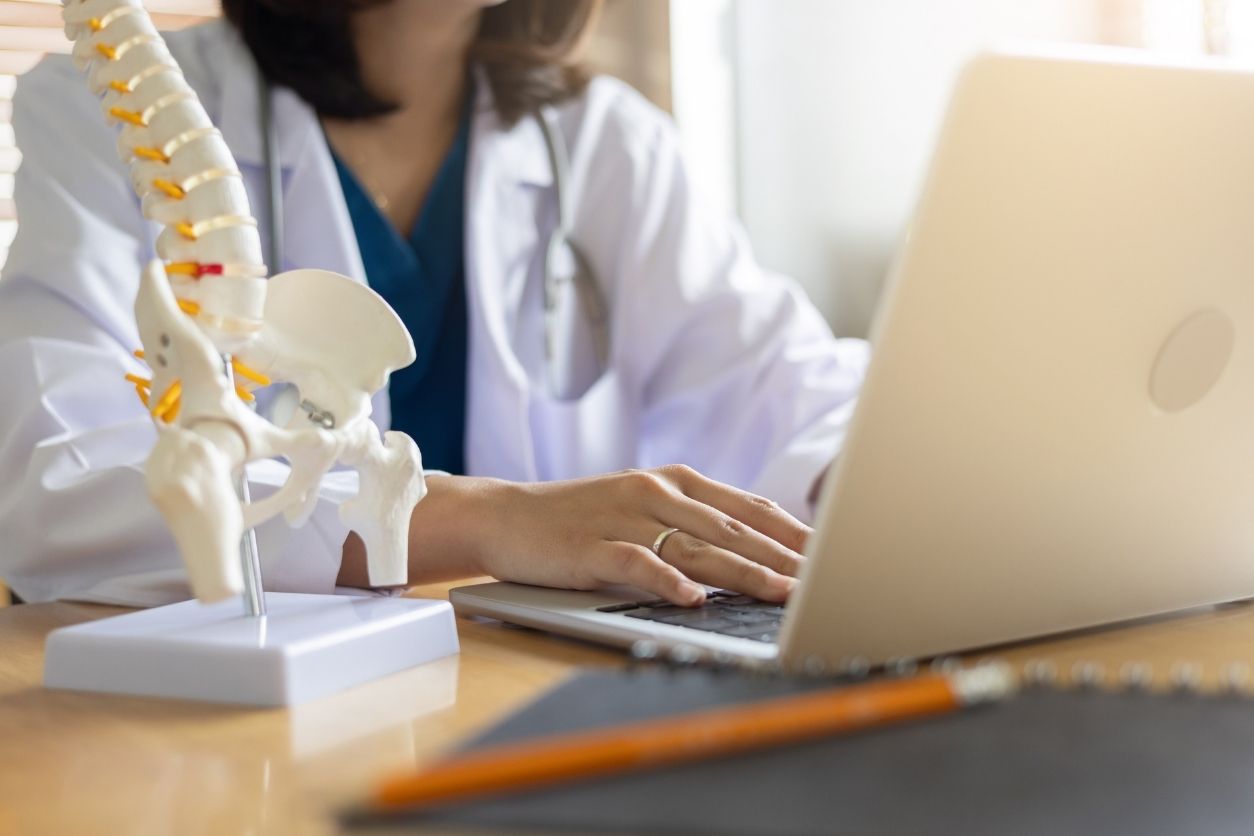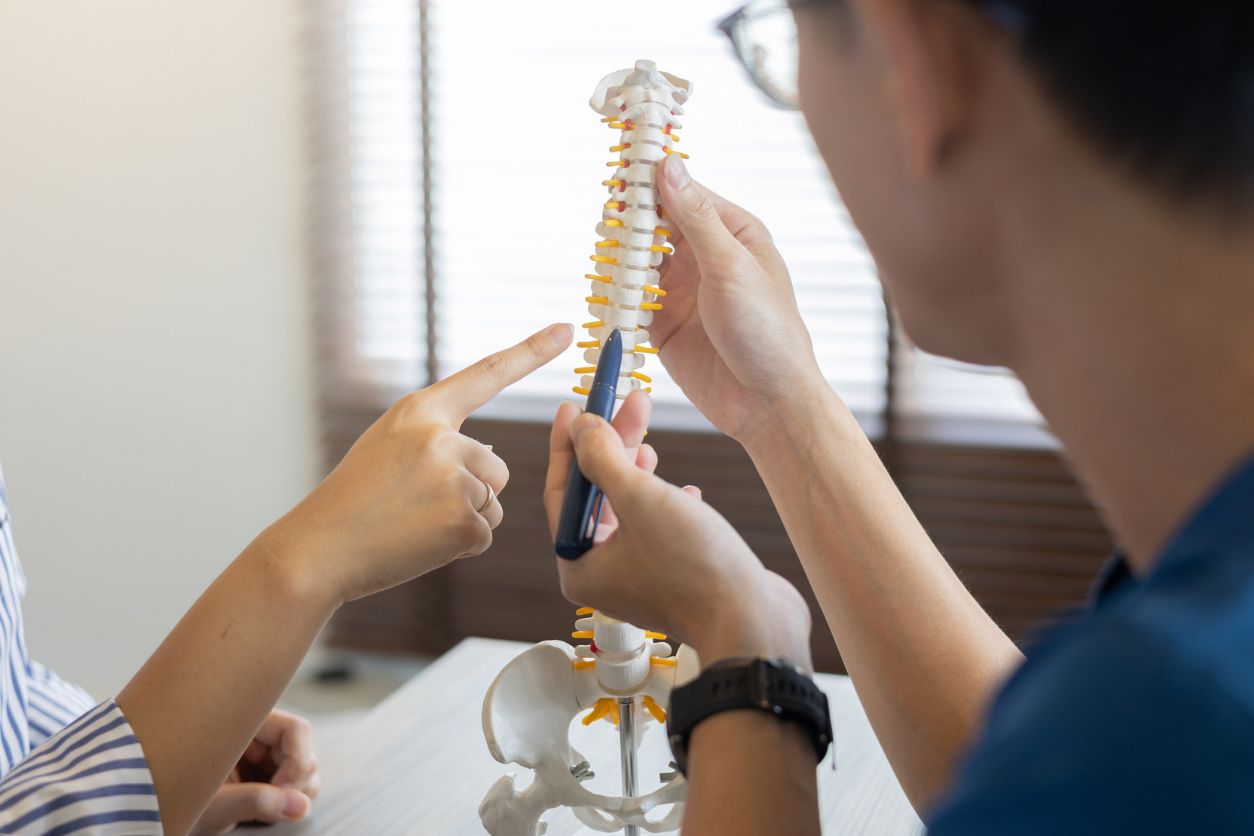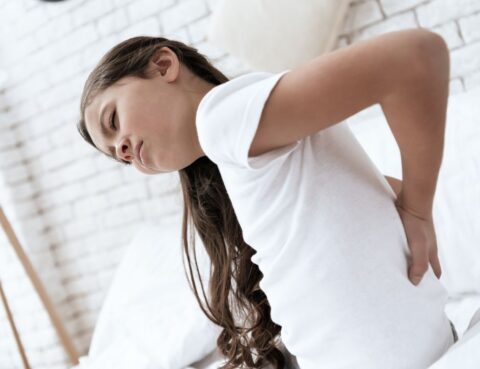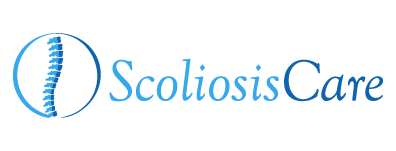14
01 '26

If your child has been diagnosed with scoliosis, you may have heard the term “idiopathic” used to describe their condition. This medical term essentially means the cause is unknown. However, emerging research is beginning to uncover genetic factors that may influence not just whether scoliosis develops, but also how it progresses. One area of growing…
22
12 '25

One of the most common questions patients and parents ask after a scoliosis diagnosis is whether the condition will worsen over time. The answer isn’t a simple yes or no. Whether scoliosis progresses with age depends on several factors, including the type of scoliosis, the severity of the curve, the patient’s age at diagnosis, and…
24
11 '25

When parents hear the term “rotoscoliosis,” it often raises more questions than answers. While many are familiar with scoliosis (a sideways curvature of the spine), rotoscoliosis introduces an additional complexity that can seem overwhelming at first. The good news is that with proper diagnosis and treatment, most patients with rotoscoliosis can lead active, fulfilling lives….
21
10 '25

If your child has been complaining about lower back pain, you’re not alone in your concern. While many parents assume back pain is just an adult problem, the reality is that lower back pain in kids is more common than most people realize, and it shouldn’t be ignored. As a pediatric orthopedic surgeon specializing in…
